We are excited to share this article by experienced educator Shirley Serban about the (many) benefits of spending time outdoors. Shirley has extensive experience in various education roles, as well as a deep passion for nature!
We hope you enjoy this article as much as we did...

Article by Shirley Șerban
Author Bio: Shirley Șerban has worked in various education roles since last century, as a teacher, tutor, trainer, homeschool group facilitator and school principal. She now works as a freelance writer, photographer and musician - that is, until education draws her back again!

A hut made by my students during the ‘bush time’ over a number of Monday mornings:
During my pre-internet childhood, children played outside, riding bikes, building forts, seeking adventure and not coming home until the street lights came on. Today, that’s much more of a rarity, which is a shame, because being outdoors is one of the healthiest things for a child’s physical, mental and social development.
As a primary school educator for many years, I am passionate about getting kids back outside, not because of nostalgia, but because I see it working. And research backs me up on this.
Dr. Tony Pelligrini, a professor of Education at Southern Utah University, and ex school principal, writes, “The more you keep children sitting, the less attentive they become.” Let’s face it, our kids sit a lot these days. Time in school aside, TVs, phones and devices can keep a child stationary and passive for hours. Have you thought about the impact this has?
Where are the opportunities for them to test their physical limits, to strategise and problem solve with others in real life situations, to discover and be filled with wonder? A screen is a poor substitute for the richness of childhood learning that can come with time outdoors.
I’ve worked with many children who would have liked nothing more than to be left alone with their screens. And many of them had limited social skills, coping mechanisms and language. Is this a surprise if they are denied the play and interaction that helps develop their understanding and place in the world?
Think of it like a lioness and her cubs. In the documentaries, you see the cubs stalking and pouncing on each other. Why? Because play develops their hunting and social skills. In the same way, playing outdoors provides an open-ended opportunity for children to discover and test themselves with no set agenda or outline to follow. They have to figure out for themselves what to do and how to respond to everything that happens.
In my last school, where I was the principal, we started each week by walking all the children, (ages 5-13,) for 20 minutes to a bush reserve, then letting them loose for about an hour of free play before walking back to school. This was how we started each week, unless the weather was hideous.
Teachers were sceptical at first and some children protested. But the benefits blew our minds. It took a few weeks, but once this became culture, this was what we noticed:
- Communication and social skills: Children collaborated, explained, helped each other, questioned and interacted in mixed age groups in complex, beautiful ways as they invented complicated games of hide and seek, chase, fort making, inventing and discovering new worlds, making lookouts, floating leaves down creeks and finding bugs.
- Joy was palpable: The bush section was filled with laughter and squeals of discovery and delight.
- Children were learning: They were scientists, engineers, philosophers and more as they tackled their chosen projects.
Most interestingly, this unstructured, outdoor time set the scene for the week, as well as improving engagement, social skills and positive behaviour throughout the school.
Children became more engaged in their learning as we sought to weave interests they showed in their time outside into the classroom programmes. We ended up introducing a tinker shed for lunch time use because so many of our students loved building out in the bush. From this, children taught themselves tool safety and skills, making really impressive things with zero teacher input.
Friendships developed across age groups and everyone just seemed calmer. We would really notice it on weeks when we couldn’t go to the bush - it was like there was a tension that needed releasing through outdoor play, and attention and behaviour would sink that week. All our children needed that time. I’m sure the same thing applies when they’re at home.
I have a scar on my foot which taught me about the slipperiness of wet glass. I know how to identify stinging nettles from sitting on some. I have years of experience in negotiating, creating, healthy risk taking and storytelling, thanks to time outside with friends, and my body is more resilient for the
paces I put it through as a child. I bet you have similar stories too. Like lion cubs, play helps children prepare for real life, not just as an adult, but now as well. Being outside provides that open-ended environment that isn’t sterile or with pre-planned steps to follow, just like a TV show or computer game to passively absorb.
I encourage you to take your children outside and let them play. They may protest at first, just like some of our school children and their teachers did. But be adamant. Boredom is nothing to fear - children don’t enjoy the feeling, and it will kick start them into play. It takes practice. It takes time. But you watch and see how your child blossoms as a result.
More articles on the benefits of play outside:


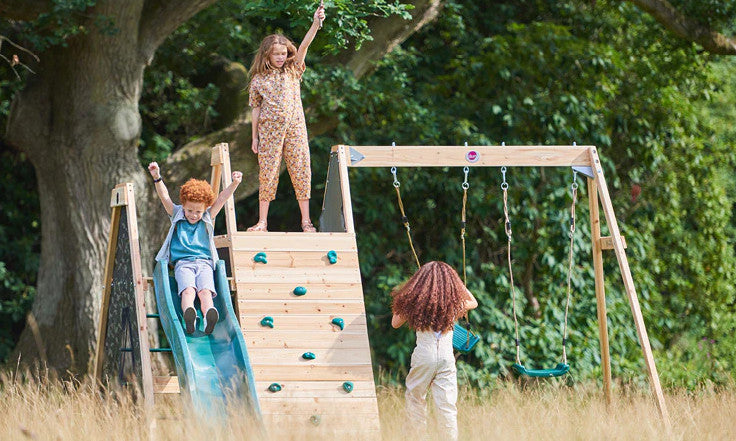
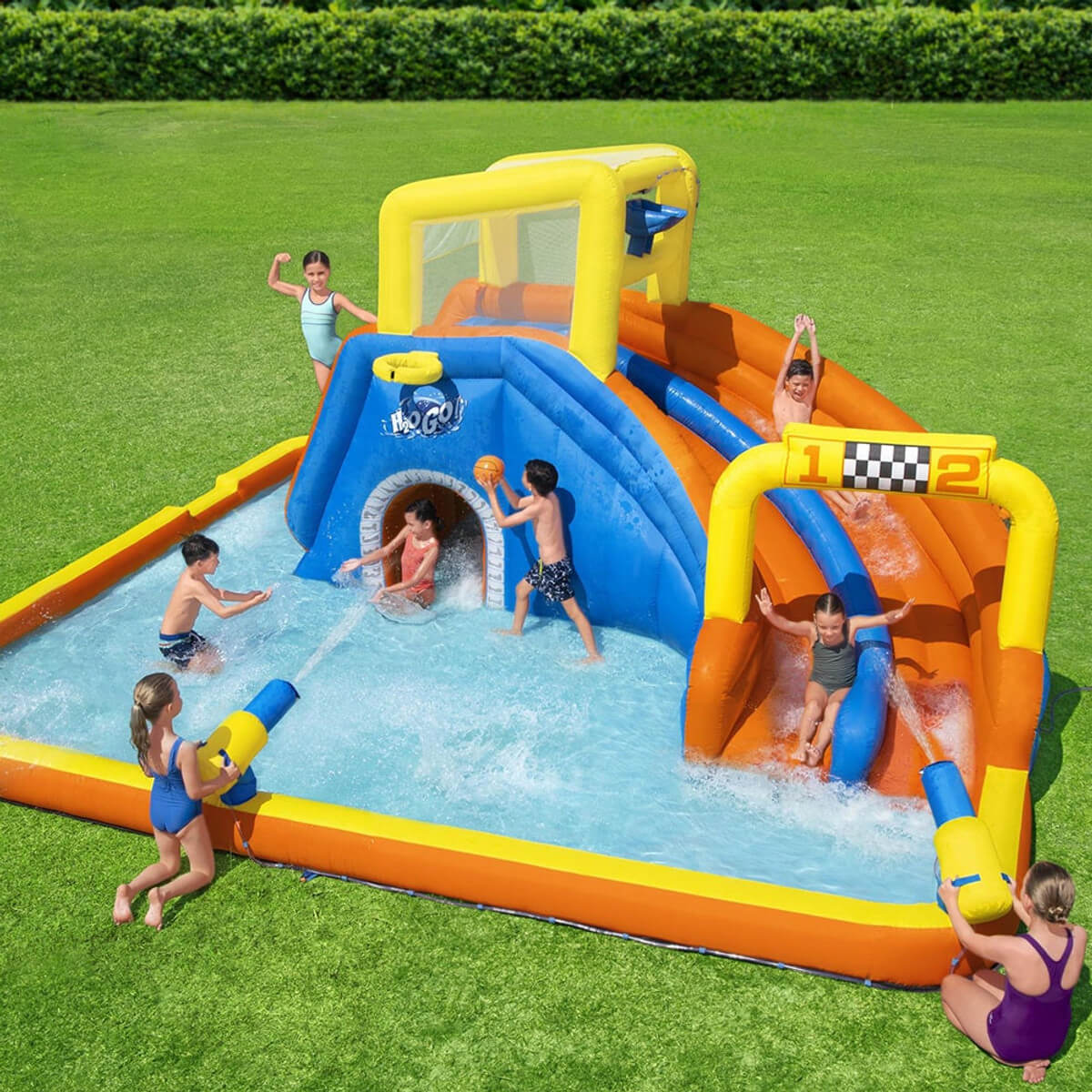
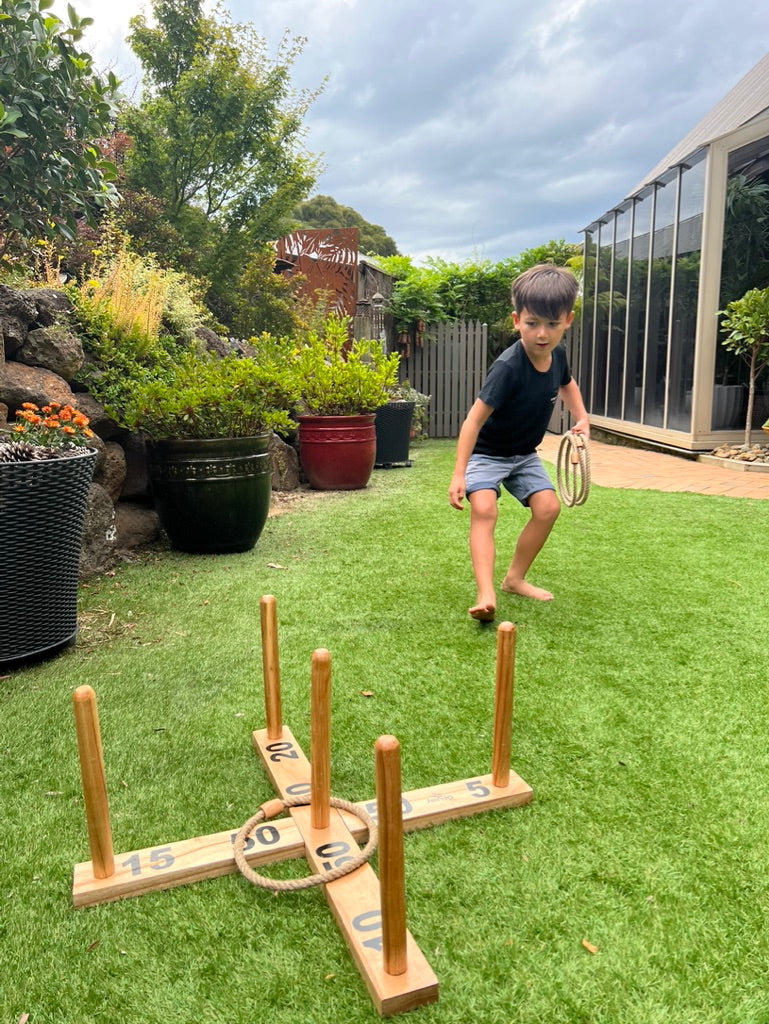


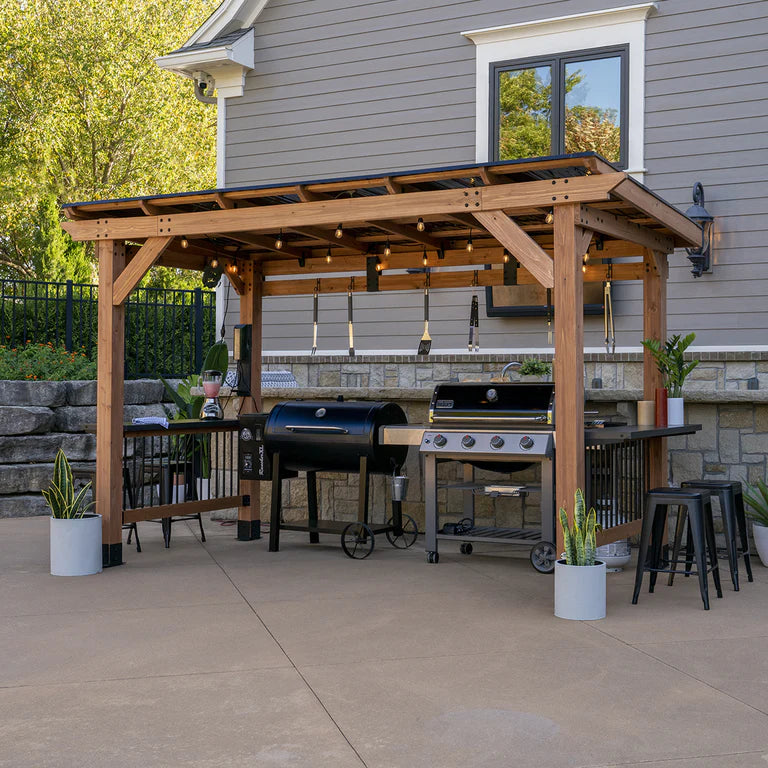
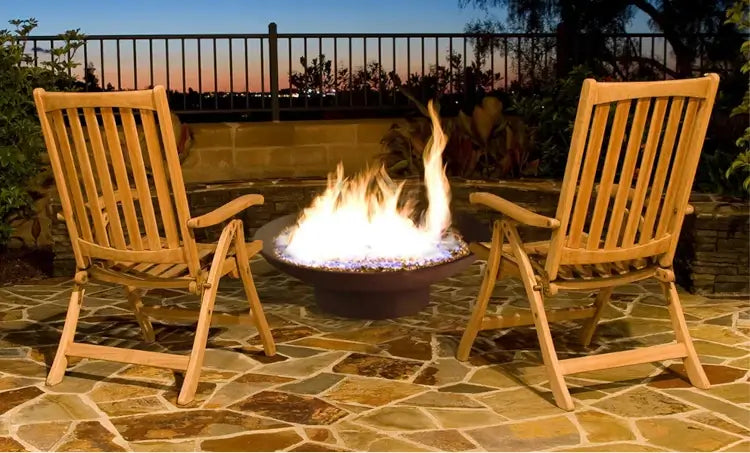

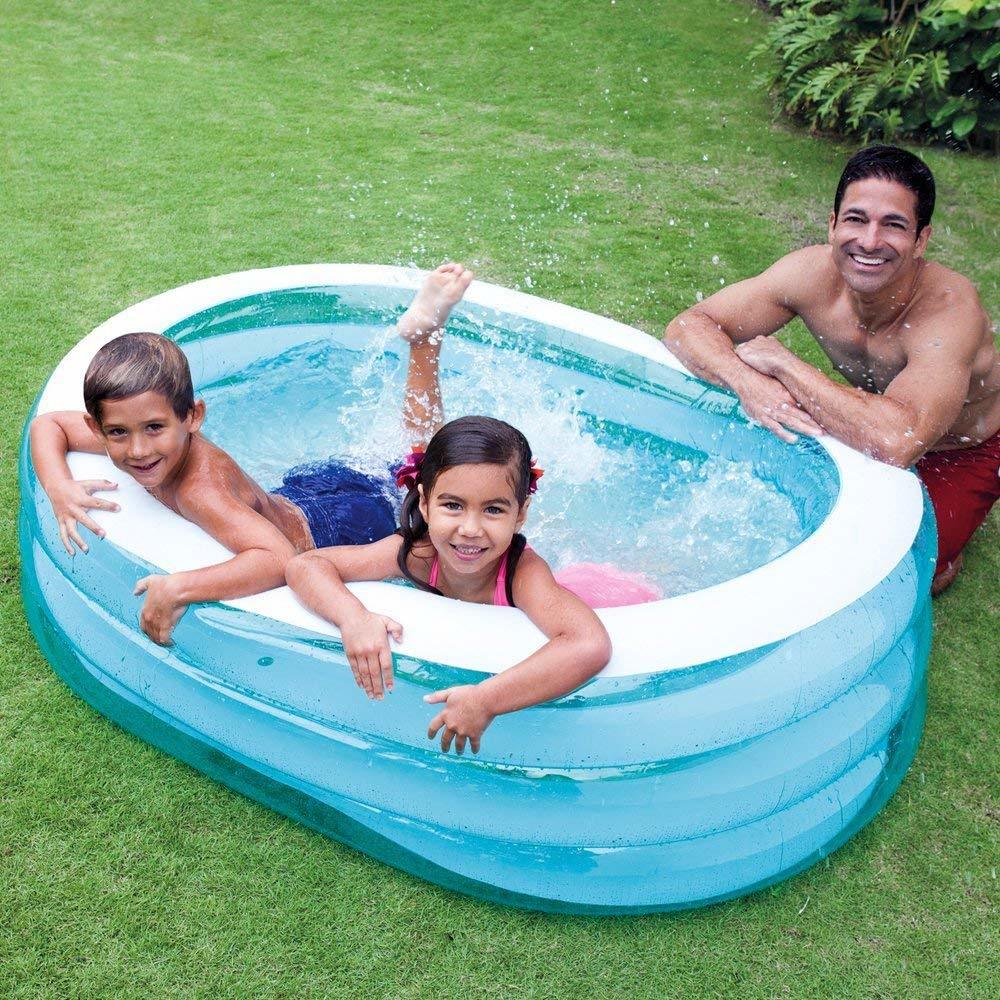
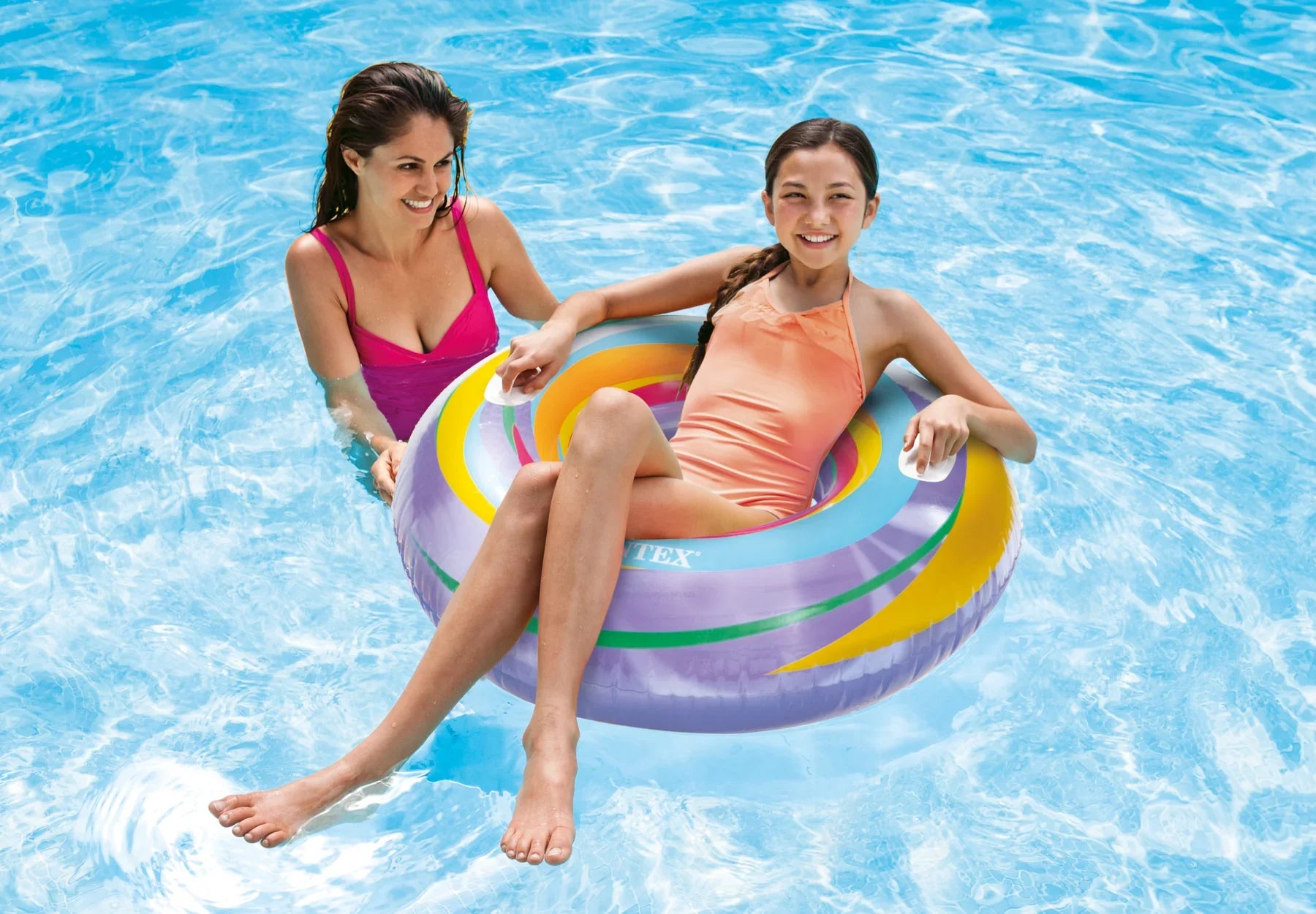






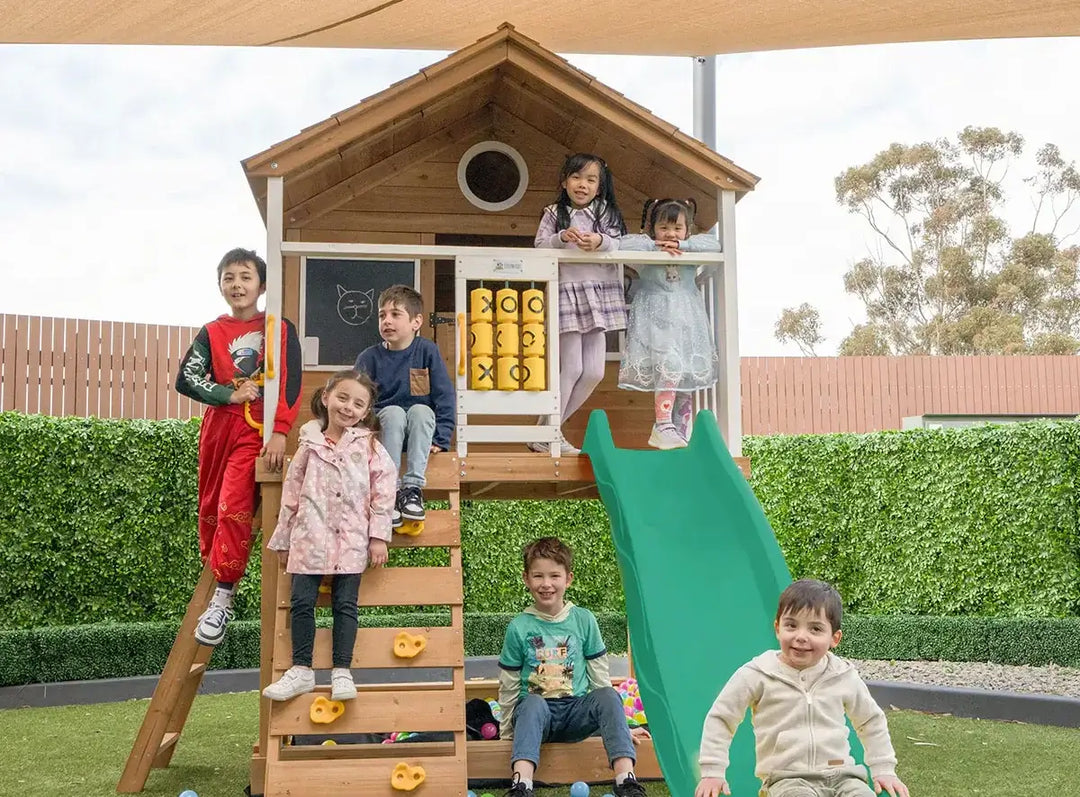
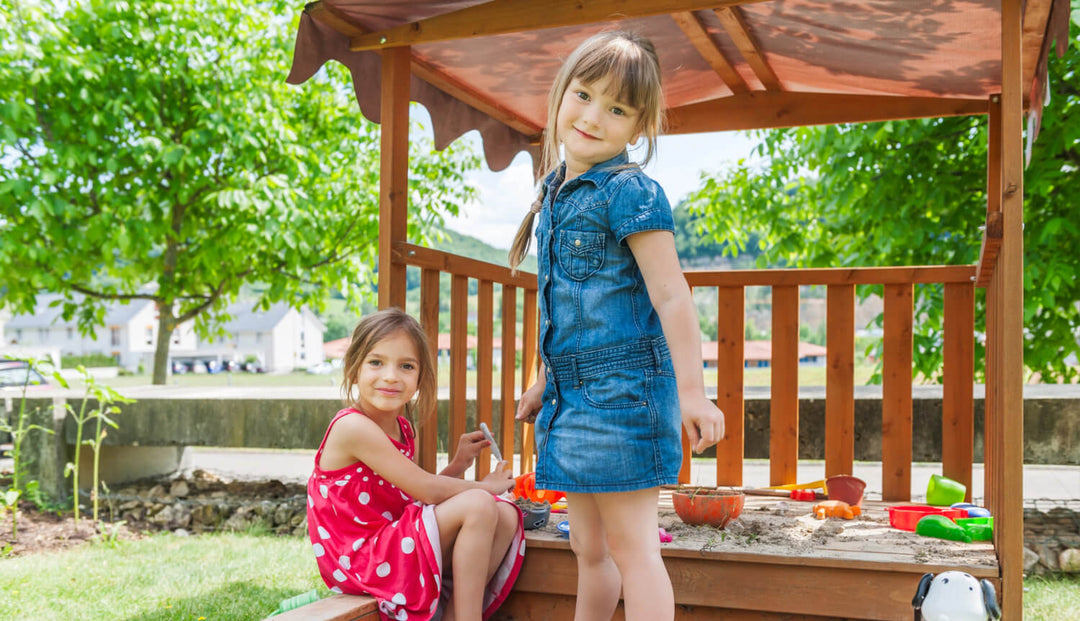
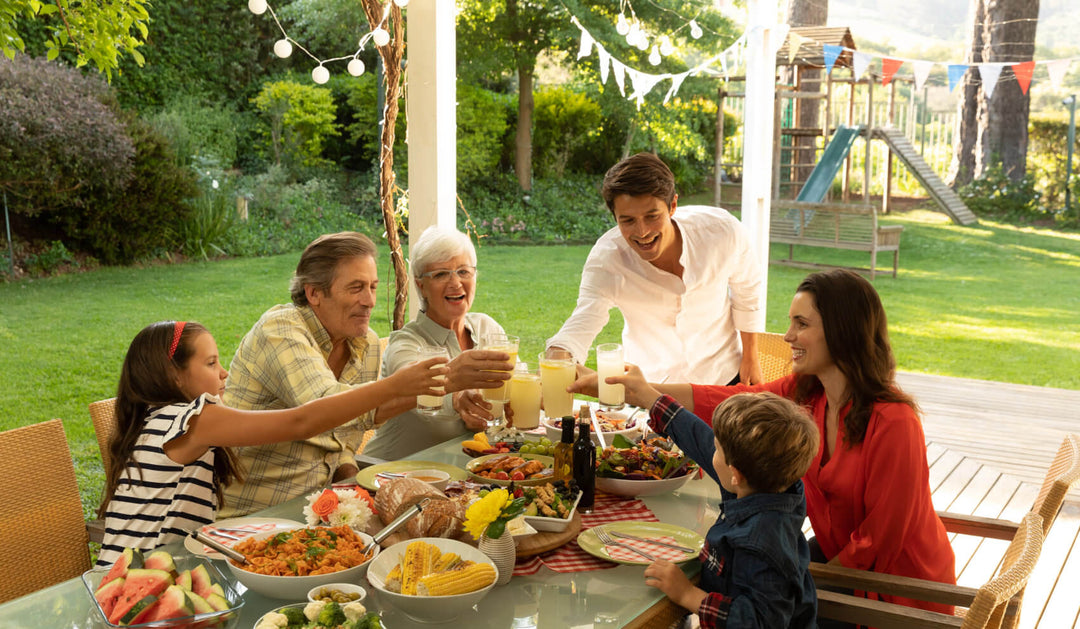
Leave a comment